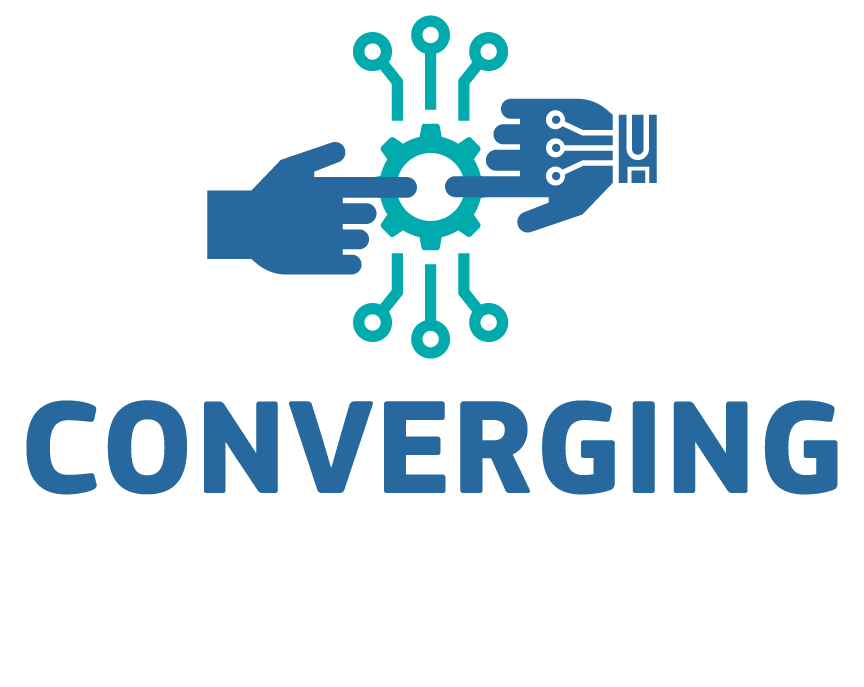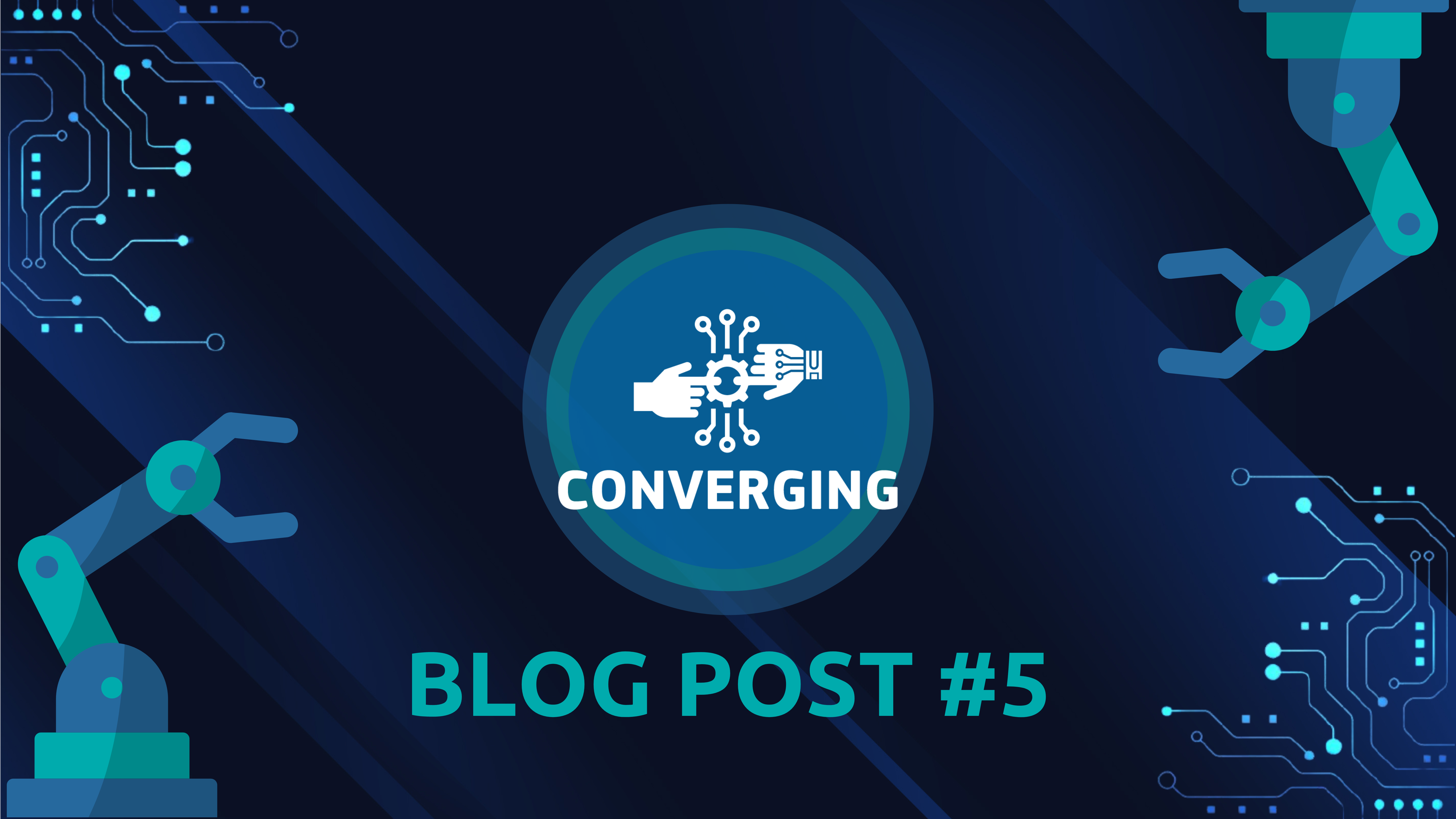Bridging the Skills Gap for Successful Human-Robot Collaboration in Industry 4.0: A Literature Review and Expert Validation Study
Industry 4.0 is characterized by the wave of digital technologies being implemented in industry, such as big data, artificial intelligence, virtual and augmented reality, and collaborative robots. These technological advancements are transforming industrial manufacturing systems into smart systems where technology and human operators are expected to collaborate for successful task completion. This consequently creates changes to the roles of industrial operators who must now work in complex manufacturing systems with smart technologies. It is therefore imperative to train and upskill these operators for the upcoming implementation of digital technologies in the industrial workplace.
An important goal of the CONVERGING project is to develop training interfaces that upskill and reskill the operators for seamless and successful human-robot collaboration. However, prior to developing these training programs, it is vital to identify the operators’ current skill set as well as the future skills that would be expected from them. The training and upskilling programs can be designed accordingly to bridge this gap between the current and future skills and competencies. Identifying this gap not only helps prepare the workforce for the implementation of new technologies in the near future but also for the increasing wave of smart-manufacturing that will continue throughout the next decade.
A review of the literature on skills and competencies for Industry 4.0 showed us that soft skills, also referred to as non-technical skills, are being increasingly emphasized as crucial for the smart-industry era. Our review showed that while the need for technical skills remains high, the technical skills would vary based on the industrial tasks being performed. Soft skills on the other hand, are transferrable across contexts and are hence highlighted as necessary for enabling the workforce to adapt to changes in the manufacturing systems.
We categorized the skills determined from our literature search using the categories proposed by Hart et al. (2021). Our literature search demonstrated that thinking skills such as problem solving, decision-making, and critical thinking, are in high demand and will continue to be expected from industrial workers as automation in the industry grows. Additionally, social skills such as leadership and teamwork, and self-management skills such as proactivity and an inclination to learn, are skills that will be sought after in Industry 4.0. Core competencies that will be essential for the workers in Industry 4.0 are skills related to digital literacy, data-related skills, and use of IT systems.
This literature review was the first step in the process to capture the skills required for the operators. Following this, we will validate this list of skills synthesized from the literature, with experts in the industrial manufacturing field through open-ended surveys. Importantly, this input from experts will help us recognize if there is a gap that exists in the operators’ current skill set and future skill set expected from them.
The training of industrial operators is crucial for enabling a successful transition to the smart-manufacturing systems that CONVERGING is working towards. However, it is also crucial for preparing the operators for a long-term change that will rapidly be implemented in smart manufacturing systems. The new training interfaces being developed are prime opportunities for reskilling and upskilling the operators for long-term workforce sustainability.

